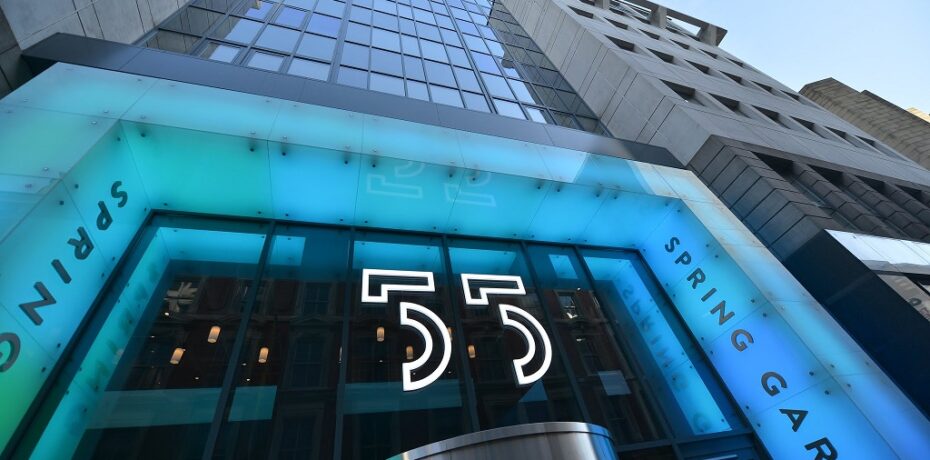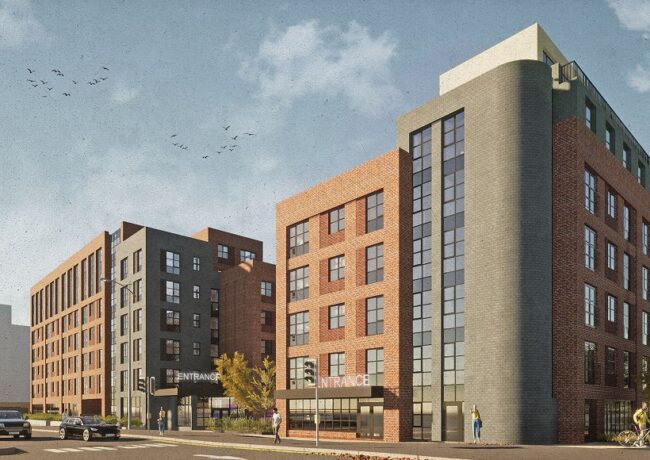Commentary
COMMENT | The wheels are turning again for Manchester’s offices

Following a strong year for Manchester’s workspace market in 2019, the first quarter of 2020 continued in the same positive way, with high-profile occupiers, both homegrown and inward investors, seeking to relocate to new offices, writes Richard Lace of OBI.
Several developments and refurbishments were set to hit the market, providing much needed new supply. The prospects for 2020 were all positive and it was widely expected that a new record headline rent of £40/sq ft would be achieved in the city before the year was out.
The speed at which the Covid-19 lockdown brought things to a standstill took many people by surprise. At OBI, we had several significant transactions under offer, but as the situation developed, one by one, these occupiers paused due to the uncertain circumstances.

Ten weeks in, and with the lockdown slowly starting to ease, we are seeing the first signs that the workspace market is beginning to restart, and thankfully the wheels are starting to turn again, albeit slowly.
Enquiry levels have begun to increase, and we have been back in Manchester regularly meeting with occupiers wanting to undertake viewings and inspections of suites, all while observing the Government guidelines around social distancing. When required, we have been able to exhibit clients’ buildings remotely by utilising virtual tours filmed over the last few months, via a Teams or Zoom meeting.
Occupiers we have been engaged by – many of whom triggered lease events effective later this year – are still seeking alternative workspace as they require business premises to give their staff the choice and flexibility of working from home or the office.
For others, such as Intellicentrics, a health-tech business that recently acquired workspace in 55 Spring Gardens, this situation has seen a significant increase in demand, giving them the confidence to complete the lease on new premises, even during the lockdown.
We have seen the crisis accelerate trends that were emerging before Covid-19. The continued merging of the conventional and managed workspace markets was evident last year. Occupiers now more than ever are focusing on several key areas: flexibility, transparency on cost, and minimising upfront capital expenditure.
Out of every crisis comes opportunity. Landlords have listened and reacted, and in several buildings across the city, new speculative fit-outs have progressed. These suites are being offered on shorter terms of 12-months upwards and on an all-inclusive basis.
Such solutions give occupiers confidence, as they avoid long-term commitments. In turn, they provide a landlord with the opportunity to develop a relationship with a new business, by providing high levels of service and gaining a detailed understanding of their occupational demands, allowing them to be retained as a long-term customer.
It is our view that rental values will remain resilient in the city centre. There will also be an increasingly wide range of occupational solutions on offer for an occupier. As the market becomes more sophisticated, there can no longer be a standard approach to discussions between occupiers and landlords. Every negotiation and the agreement of terms must be tailored to the scenario and the position from which the two parties are approaching the discussions, so that long-term partnerships can be formed.
While there is no doubt that there are testing times ahead, the market in central Manchester was in a good position at the start of this year, with strong foundations on which we can build. During the banking crisis of 2007-2010, Manchester remained active, driven by a strong indigenous community of businesses from a wide range of sectors.
We expect demand will increase later this year, from these homegrown entrepreneurial companies where key decision makers are based locally and are not required to wait on the decisions of board members based in London or other regional cities.
Manchester is known for its resilience and ability to buck national trends during times of adversity and we expect this key characteristic will shine through in the short to medium term, whatever this may bring.
It is our expectation that with these existing businesses, strengthened by further inward investment, the city can start to recover during the third and fourth quarters of 2020 and beyond.
- Richard Lace is part of the transactions and asset management team at property consultancy OBI




